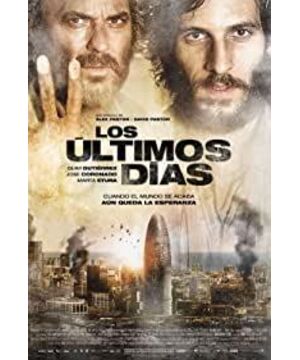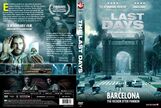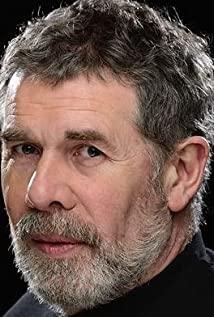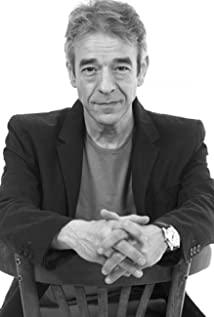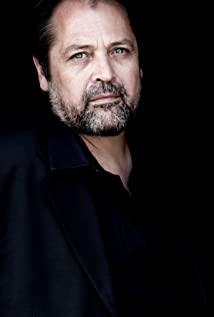This is a movie ruined by propaganda.
It was supposed to be a literary film, but it was packaged as a doomsday disaster film, attracting a group of unpalatable audiences, and the end was obvious. The story of this movie is actually very simple. When the end comes, a man breaks through many difficulties to meet his wife. The gist of the story is even simpler: Cherish those you love and celebrate the brilliance of humanity.
This film is actually not very good, as can be seen from the attitude of the mother country towards him. The Spanish Goya Award gave it a best special effect, and it was only nominated. It was clearly not the darling of the Spanish film industry that year. I can't figure out why my country wastes precious overseas film quota to introduce this movie that was not a popular Spanish movie that year. I'm guessing that maybe the doomsday name will make people feel like it has a box office; it may also be that Red Bull has stepped up (I saw a Red Bull soft ad).
However, I still want to say that this is a good movie, if you consider it a literary film. In fact, European films are basically literary films, and French directors like Luc Besson are really different. Give up watching this film as a doomsday disaster film, and you will find how rich its lens language is, the story is concise and compact, and there is basically no cumbersomeness.
The first scene is the doomsday scene, using the good memories of the male protagonist to his lover to tell the audience what he is going to do and what he is thinking. No narration, no subtitles, not even lines. You can compare "Tuina", which is also a literary film, and you will find the difference between the two.
The back is a typical road movie. Going with the boss to find someone, going through obstacles along the way, encountering all kinds of people, and happening all kinds of stories, and finally the boss and the boss changed from mutual conflict, mutual use to mutual assistance. , by the way, insert some memories, tell the story before the end of the world, let everyone know what happened, and explain the cause and effect. The most interesting thing is that the film basically does not explain the reasons for the outbreak of the end. Unlike other doomsday movies, there is a decent explanation, such as natural disasters, virus leaks, nuclear wars, etc. In this movie, doomsday is simply a background. This simplification actually conveys the creator's message: I don't care how the end of the world happens, and warning people about such bad things. I only care about human societies and their stories after the end. That's what sets this apocalyptic film apart.
More highlights are the director's camera narrative ability. For example, in the memory passage, the scene where the male protagonist and his lover quarreled and went to work. In the empty elevator, there was only a man wearing a gas mask. The feeling of the doomsday coming directly hits my face.
Another example is that the male protagonist goes to the supermarket to find someone, and a shadowy figure appears behind the male protagonist. At first glance, it looks like a primitive African tribe, indicating that some human beings have degenerated into primitive society after the apocalypse.
There are also shots of rain and the last bright and dripping fruit, plants to herald the hope of the post-apocalypse.
These are all very obvious camera language, which succinctly expresses what the creator wants to express without the use of lines. Here I want to complain again about "Tuina", the whole film is just talking, talking, talking, and it doesn't reflect the value of the art form of film at all. What is the correct way to open a literary film, Lou Ye should really study hard, because of his ability, he should not have handed over works like "Tuina".
Apocalypse may disappoint those who expected an American blockbuster to feel that way, but as a quintessential European film it always surprises me.
View more about The Last Days reviews


